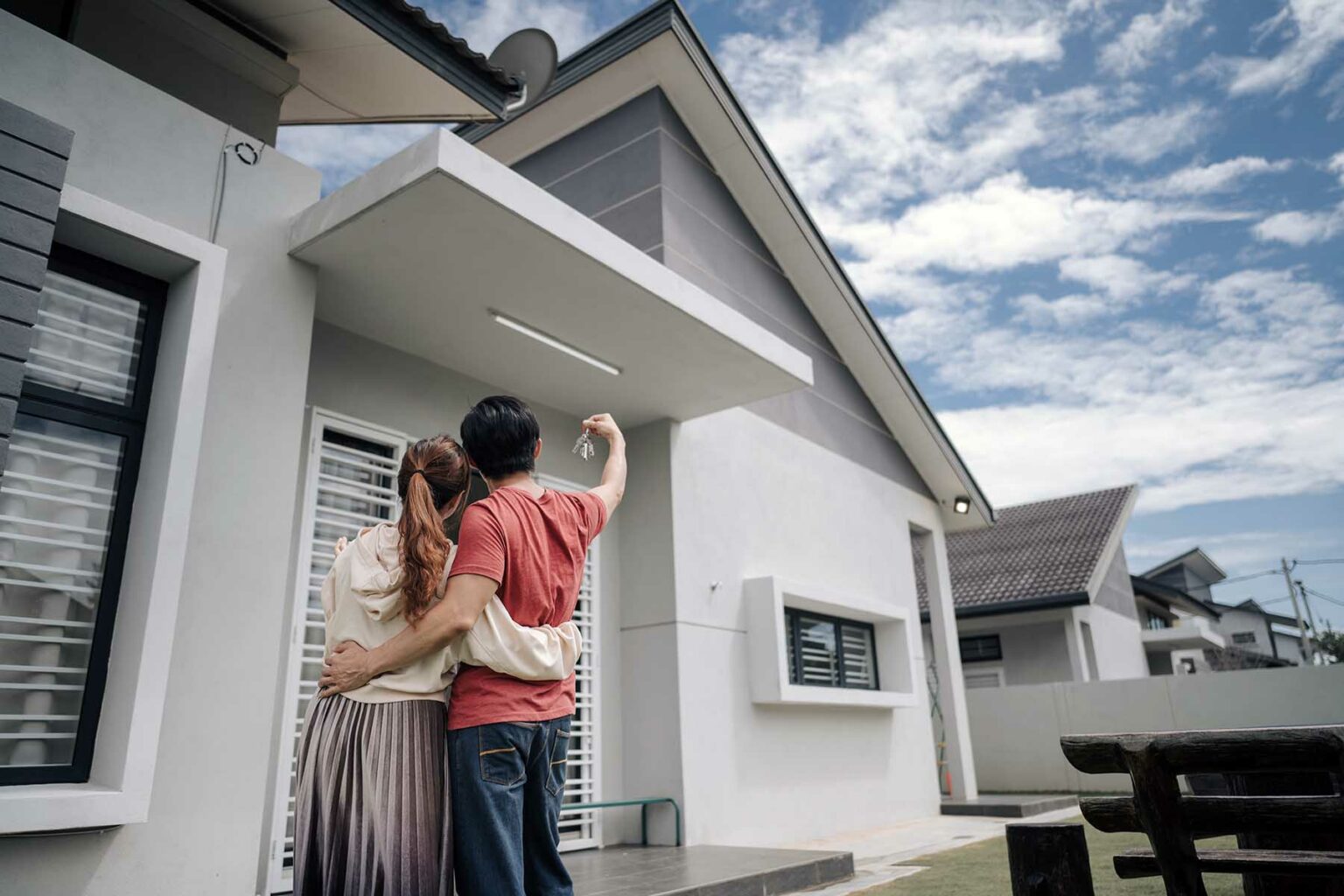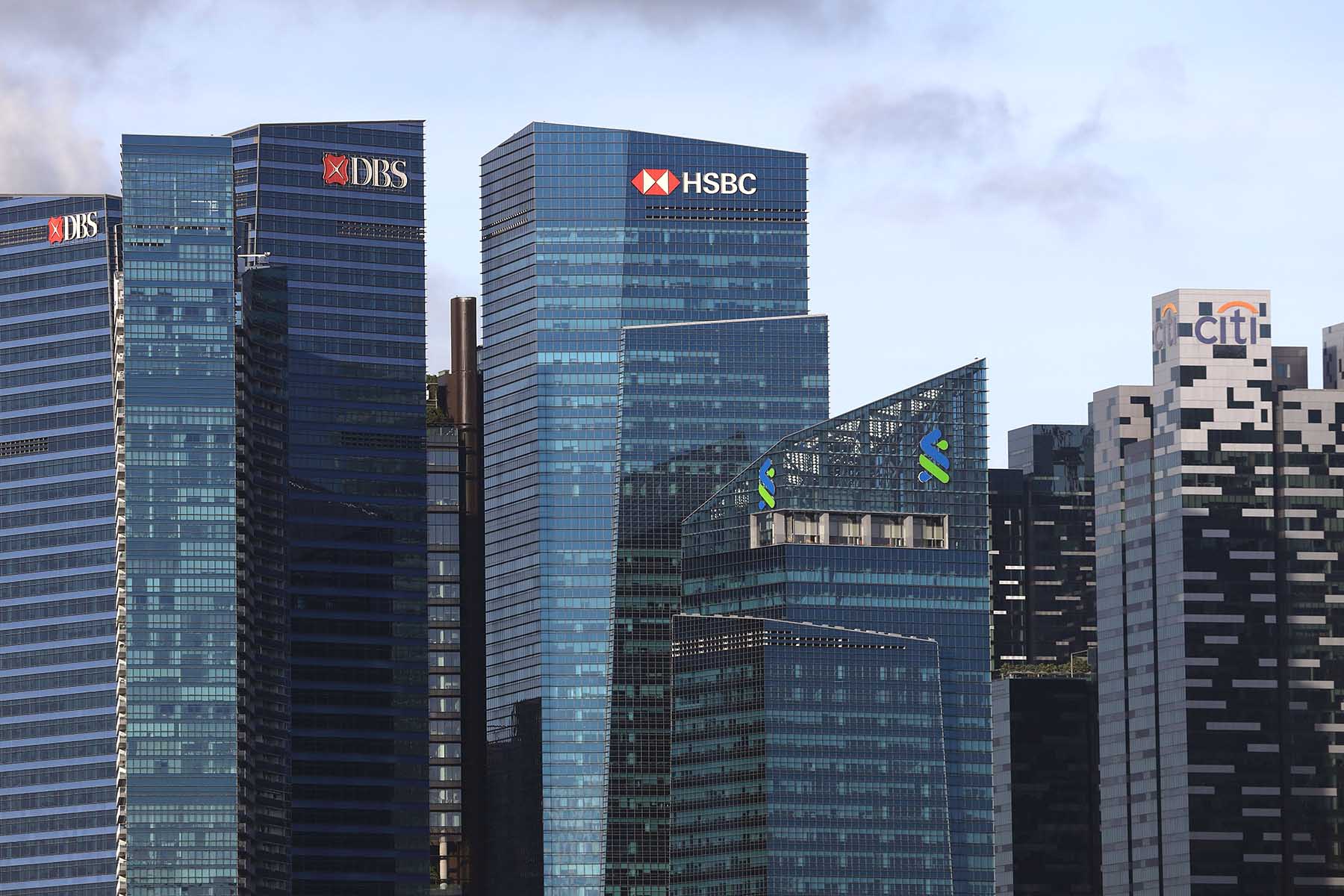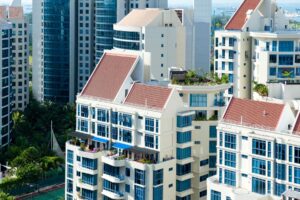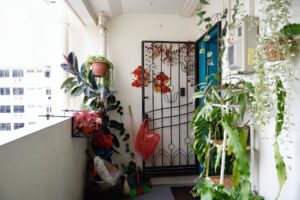There are many reasons to buy property in Singapore, especially when you’re done with renting and are looking to plant more permanent roots. Fortunately, for those who cannot afford to buy a house outright, there are such things as mortgages.
While there are generally no restrictions on who can get a home loan, expats might face more stringent conditions (such as different housing and higher rates).
Here’s what you need to know about the topic:
- Overview of mortgages in Singapore
- Should you buy property in Singapore?
- Who can get a mortgage in Singapore?
- How to get a Singapore mortgage as a foreigner
- What types of mortgages are there in Singapore?
- Mortgages for other purposes
- Are there green mortgages in Singapore?
- What are the mortgage rates in Singapore?
- How much can you borrow for a mortgage?
- How do you apply for a mortgage in Singapore?
- Help with securing a mortgage in Singapore
- What are (other) mortgage costs in Singapore
- Taxes and tax relief on mortgages
- Is property insurance mandatory in Singapore?
- Mortgage repayments in Singapore
- Refinancing a Singaporean mortgage
- Useful resources
Overview of mortgages in Singapore
Homeownership is significantly high in Singapore. In fact, in 2022, 89.3% of resident households owned the dwelling they were living in.
This high rate is attributed to Singapore’s Housing & Development Board (HDB), the national public housing authority that provides mortgages that are less intrusive than commercial loans. As a result, HDB housing makes up 77.9% of all homes owned in Singapore.

While most expats are not eligible for this public housing scheme, they can take out home loans directly from banks. That said, interest rates have been rising in recent years, leading to two in five homeowners saying they face difficulties in paying off their mortgages.
Should you buy property in Singapore?
Property in Singapore isn’t cheap. In fact, the country has become one of the most expensive places in Asia to buy a home. For instance, the average cost of a condominium is S$1,988,920. By comparison, social housing in the form of an HDB apartment costs roughly half of this, at S$545,000.
Expats feel this pinch more than others, as they are unable to apply for HDB housing, subsidies, or grants. What’s more, Singapore doubled the mandatory Additional Buyer’s Stamp Duty (ABSD) that foreigners must pay to 60% in 2023.
As a result, many expats find renting in Singapore more favorable. This also allows them to find their footing and discover the best places to live in the country before making a large financial commitment.
What’s more, home-buying regulations become more relaxed for permanent residents, a step that you may wish to take further down the line. As such, families and long-term expats are in a better position to buy property in Singapore than new arrivals.
Who can get a mortgage in Singapore?
Fortunately, there are no legal restrictions on adults taking out mortgages in Singapore. That said, foreigners may be expected to pay a larger down payment against a lower Loan-to-Value (LTV) ratio.
As mentioned, foreigners are also subject to a 60% ABSD unless they are exempt; for instance, they come from Iceland, Liechtenstein, Norway, Switzerland, or the U.S.

Each bank will enforce particular requirements and restrictions, including the following:
- Age
- Income assessment
- Credit score
- Down payment
Age
The minimum age qualification for a home loan in Singapore is 21 years. Banks use 65 years as the age cap for loan repayment. Older age applicants will have to negotiate a shorter LTV and larger deposit to be eligible. It is worth noting that HDB loans have their own criteria, including shorter loan tenures.
Income assessment
Stability of income and employment is a benefit when taking out a Singapore home loan. You will need to provide proof of this income in the form of pay slips, taxes, and Central Provident Fund (CPF) contributions.
As a result, self-employed workers and freelancers are at a disadvantage because their income is considered to be ‘variable’ in Singapore and, therefore, subject to a 30% haircut. This refers to a reduction applied to variable income when calculating the Total Debt Servicing Ratio (TDSR) for property buyers.
A haircut means the percentage difference between what an asset is worth relative to how much the lender will recognize of that value as collateral.
In this case, a bank would count a registered monthly income of S$5,000 as S$1,500. Notably, self-employed income is also based on your previous year’s earnings.
Credit score
Credit is rated by the Credit Bureau Singapore (CBS). A good credit rating in your home country doesn’t necessarily translate over to Singapore, so you will need to obtain a healthy local credit rating.
You can improve your score and gain access to favorable mortgage rates by ensuring that you pay local credit card bills on time.

Down payment
While Singapore citizens can use their CPF savings to contribute to a home down payment, foreigners cannot. This essentially means that you must have at least 25% of the property value in cash, and possibly more, depending on your LTV.
How to get a Singapore mortgage as a foreigner
Expats can legally purchase property and obtain a mortgage in Singapore. However, as mentioned, while there are no residency requirements on properties in general, non-citizens are restricted when it comes to the types of property they can purchase.
That said, it is a lot easier to get a favorable mortgage if you:
- Have permanent residency in Singapore
- Have a Singapore bank account
- Have no existing or outstanding debt
If you meet the above requirements, this will contribute positively to your local credit score. Otherwise, larger down payments will be required to secure a loan.
What types of mortgages are there in Singapore?
There are two main types of mortgages available in Singapore: fixed and variable. Below is an overview of how they work.
Fixed-rate mortgage
A fixed-rate home loan offers an interest rate that remains the same during its initial lock-in period. This usually lasts between two and five years. After this, the interest will automatically revert to a variable rate unless you re-fix it.
Buyers benefit from certainty with a fixed-rate mortgage as it is particularly useful when interest rates are rising. As such, you will know exactly what you are expected to pay to ease your budgeting.
Variable-rate mortgage
Often called a floating-rate loan in Singapore, variable interest rates are linked with the market. If interest rates fall, so does your monthly mortgage payment. However, if interest rates rise, you will be paying more every month.

A variable rate typically starts cheaper than a fixed-rate package, but its volatility gives you less certainty. Markets can be unpredictable, so you could opt for a shorter lock-in period if you believe rates are due to fall in the near future.
Hybrid mortgage
Some banks offer hybrid, two-in-one mortgages. These split your loan into two parts that can be customized. Part one will be at a fixed rate, while part two is variable.
Mortgages for other purposes
Singapore banks offer loans for non-residential purposes, including:
- Commercial mortgages: For the purchase of business properties. Banks see commercial mortgages as a higher risk, so the LTV will be lower. The loan tenure also tends to be shorter.
- Rental mortgages: For individuals or investors purchasing properties to rent out. It is worth noting that foreign landlords are limited to Singapore’s private property market. This is because HDB units come with strict minimum occupation periods.
- Renovation loan: For home improvement projects. Many banks implement eco-aware loans with more favorable interest rates to promote energy-efficient improvements.
- Second home mortgage: For purchasing a second or holiday home. If you are still paying off your first property loan, the LTV ratio for a second property is capped at 45%. You will also have to take the ABSD into account, as second homes are subject to an additional 20% stamp duty.
Are there green mortgages in Singapore?
The Singapore Green Plan 2030 is pushing for a sustainable future. This initiative is affecting the energy specifications of new properties to meet Green Mark certification.
Partner banks, including UOB, Standard Chartered Bank, HSBC, Maybank, and OCBC, all offer lower mortgage rates and rebates when you purchase a sustainable home. Your bank may require a specific Green Mark grading, such as Gold or Gold Plus, to qualify.
Luckily, similar schemes exist that aren’t limited to new properties. You can also upgrade your living conditions to achieve a greener certification. Those looking to improve their home’s energy efficiency can apply for a green home improvement loan. Notably, some loaners have also extended these schemes for eco-care car and home loans.
What are the mortgage rates in Singapore?
Mortgage rates in Singapore have been rising with global interest rates. The fixed-rate mortgage, in particular, reached its highest point in over two decades in 2022. What’s more, there are no limits for banks to peg their prime rates to.
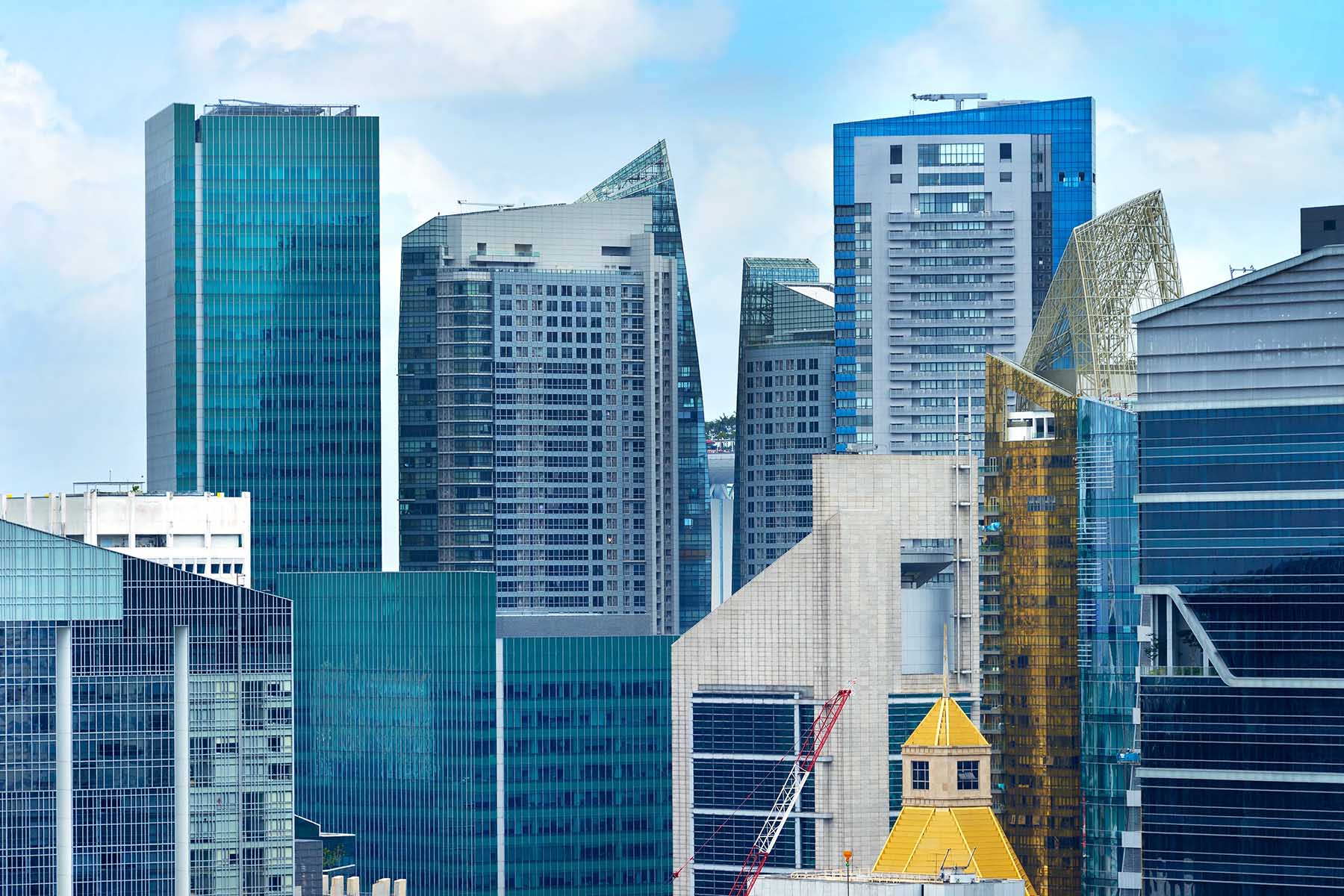
Most banks peg their floating rate to the Singapore Overnight Rate Average (SORA). This is taking precedence over the previously used Singapore Interbank Offered Rate (SIBOR), although you may still see this term used.
It is a good idea to follow the SORA if you are thinking of taking out a variable-rate loan. You may be given a choice between one- or three-month SORA packages which compound the SORA rate monthly or quarterly.
As a general rule, it is unlikely that a bank will offer you a rate below SORA, even if you have excellent credit. You can calculate changes in interest rates using this Monetary Authority of Singapore (MAS) tool.
How much can you borrow for a mortgage?
As mentioned, international buyers, including expats or anyone who isn’t a citizen or permanent resident in Singapore, are not eligible for HDB housing. As a result, you only have access to the private property market, which has its own loan restrictions that affect how much you can borrow.
Singapore’s LTV ratio is the percentage of a property’s value that you can borrow. As of 2022, this is capped at 75%. This means that you can only borrow up to 75% of a private property’s value and must deposit the remaining 25% (or more) in cash.
Banks do not have an obligation to loan you the full 75%. You may be offered less based on your age, income, and credit rating, or a combination of all three. What’s more, the property itself will influence the LTV. If a home has a short remaining lease or is in poor condition, it will lower the amount you can loan.
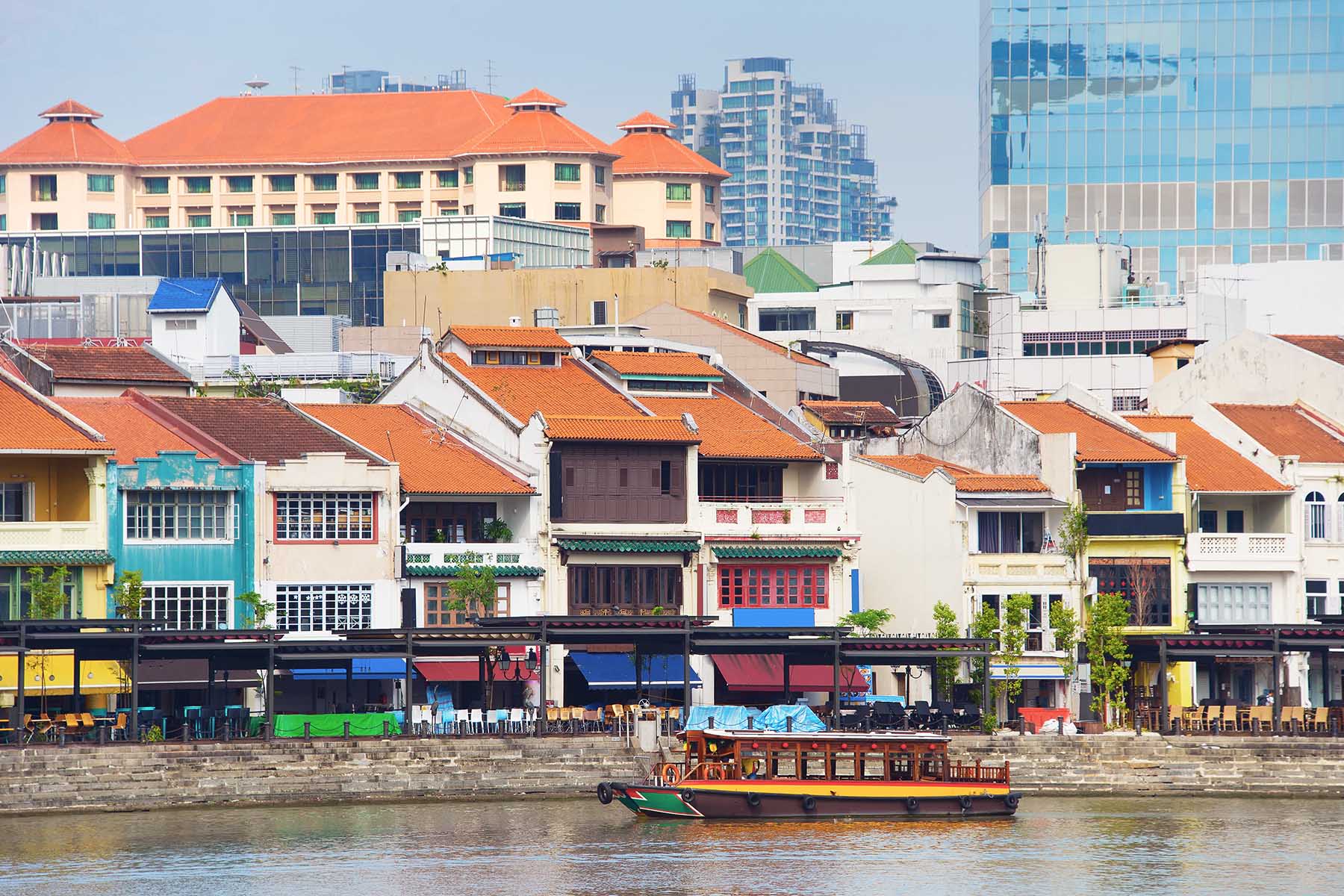
As you might expect, your income will influence the amount that you can borrow. Banks in Singapore will only allow you to make monthly repayments of 30% of your income, which is known as a mortgage servicing ratio (MSR). This is capped by the government and is not negotiable. The maximum tenure of this loan can be up to 35 years.
Online mortgage calculator
You can use an online mortgage calculator to estimate how much you can borrow from a Singapore bank. Here are some reputable tools:
How do you apply for a mortgage in Singapore?
You can apply for a mortgage at any reputable Singapore bank. But before you do so, it is a good idea to get an in-principal approval (IPA). This is when a bank evaluates your credit and lets you know how much you can borrow if you were to make a full application.
An IPA will only take a few days to complete and gives you leverage when making a purchase offer. Your bank will assess the value of the potential home to confirm what it is willing to lend you. Once completed, you can take the next step in getting an actual mortgage.
You can use online comparison tools to find favorable mortgage rates. If you are in a position to negotiate, you can bring up more favorable interest rates from other banks with your chosen lender.
Banks offering mortgages to expats
Most major Singapore banks offer mortgages to expats, including:
- Bank of China
- CIMB
- Citibank
- DBS
- Hong Leong Finance
- HSBC
- Maybank
- OCBC
- RHB
- Standard Chartered
- UOB

Brokers offering mortgages to expats
While most home buyers go through their bank, you may also enlist the help of a mortgage broker. In Singapore, these include:
Help with securing a mortgage in Singapore
There are numerous government schemes to help people buy a home in Singapore. However, these are restricted to Singapore citizens and include:
- CPF Housing Grant: This scheme for low-income first-time buyers offers a housing subsidy of up to S$80,000 on the purchase of a resale HDB home
- Enhanced CPF Housing Grant (EHG): This scheme for families buying their first home offers a grant of up to S$80,000
- Home Protection Scheme (HPS): This mortgage-reducing insurance protects you and your loved ones from losing an HDB apartment in the event of death, illness, or disability
- Proximity Housing Grant: This scheme offers a grant for couples or families moving in or closer to their parents/child
- Silver Housing Bonus (SHB): This is a scheme for elderly residents selling their old properties for a smaller, re-sale apartment. They can also sell the tail-end of their lease back to the HDB.
What are (other) mortgage costs in Singapore
You will need to consider additional fees when buying a house in Singapore, such as:
- Agent commissions
- Application fees (for HDB homes)
- Caveat registration fee
- Down payment relative to the LTV
- Option fee to reserve the property
- Property valuation fee
- Solicitor fees
- Stamp duty, including ABSD for foreign buyers
- Survey fee
What’s more, a mortgage has interest fees. A large portion of your monthly payments will go towards paying this interest. You can reduce any interest by paying off your loan as quickly as possible or refinancing when interest rates change.
Taxes and tax relief on mortgages
In Singapore, you pay property tax based on your home’s annual value. The Inland Revenue Authority of Singapore (IRAS) is responsible for this valuation.
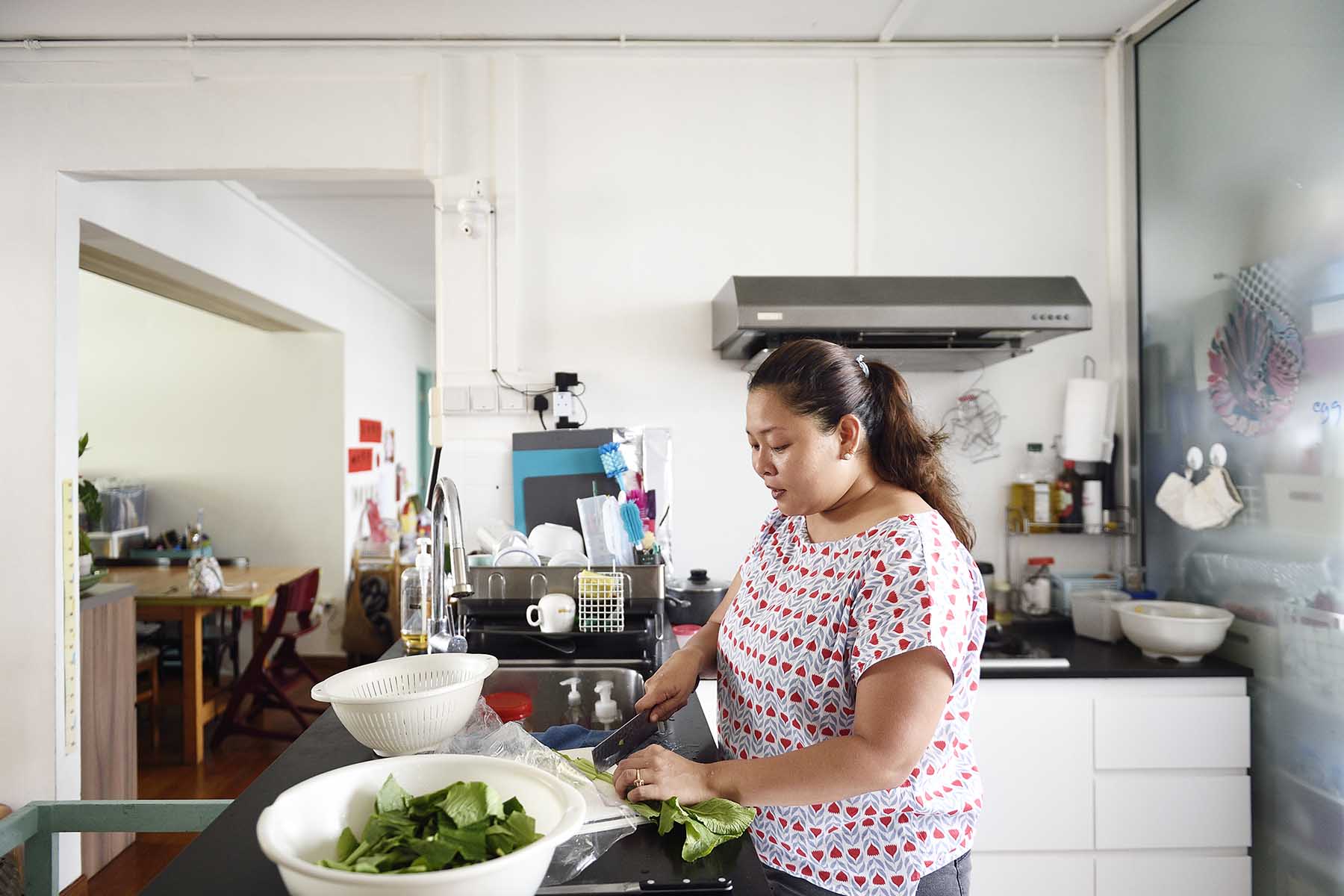
Thankfully, all owner-occupied residential properties are eligible for a Property Tax Rebate. Homes that are not occupied by their owner are taxed on a progressive scale.
There is no capital gains tax in Singapore. As such, no income tax is due on properties unless income is derived from it, such as a rental property.
Is property insurance mandatory in Singapore?
Fire insurance is mandatory on all HDB properties in Singapore. Private apartments and condominiums are usually covered by their Management Corporation (MC) but landed property owners should organize their own fire insurance coverage, although it is not mandatory.
Contents insurance is also not compulsory, however, it does provide peace of mind when it comes to protecting your possessions.
While there are no other legal requirements for home insurance in Singapore, your lender may require that you purchase Mortgage Reducing Term Assurance (MRTA) or other additional coverage. MRTA will cover your mortgage repayments in the event of illness, death, or disability.
Mortgage repayments in Singapore
Your mortgage payments will arrive at the same time each month. You may also be able to make overpayments to clear your debt or pay off your mortgage in full. However, most banks will charge a penalty to compensate for this lost interest. This can range from 0.75% to 1.50%.

If you are having trouble with your mortgage repayments, you can contact your lender to discuss support. For instance, you may be able to refinance your mortgage for lower monthly payments or extend your loan tenure.
Refinancing a Singaporean mortgage
Refinancing involves switching your existing mortgage to another bank. It can be a sensible option to get a lower interest rate, reduce your loan tenure, or free up some equity.
It is worth noting that you cannot refinance a bank loan with an HDB loan, but you can refinance your HDB loan with another financial institute.
You can calculate any costs and fees involved with refinancing by using a mortgage tool from PropertyGuru or MoneySmart. It is also advisable to speak to a financial expert first to discuss the benefits of refinancing.
Useful resources
- PropertyGuru – a leading property, mortgage, and agent portal in Singapore
- Housing & Development Board (HDB) – a government-subsidized scheme for Singapore citizens or couples consisting of one Singapore citizen and one permanent resident
- Urban Redevelopment Authority (URA) – the latest property data from Singapore’s Urban Redevelopment Authority
